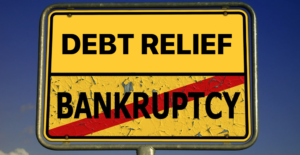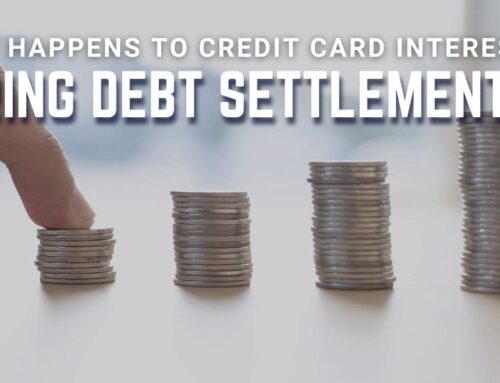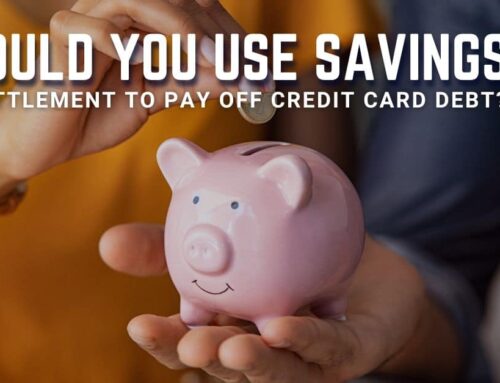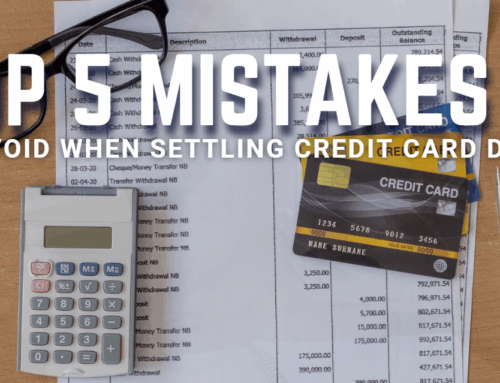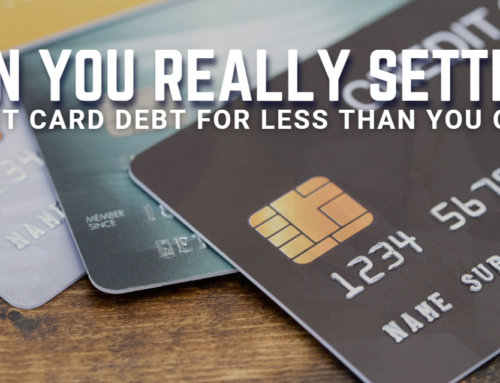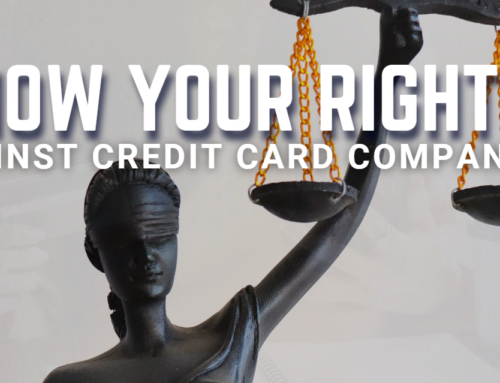When credit card debt starts piling up, it can feel like you’re drowning with no life raft in sight. Between rising interest rates, late fees, and the stress of collection calls, even making minimum payments can feel impossible. That’s when many people ask themselves a very important question: Is debt negotiation a good idea?
The short answer? It can be, especially when done right and at the right time.
In this blog, we’ll walk you through the debt settlement pros and cons, how to negotiate credit card debt, and why working with professional negotiators like Mediator Law Group can make all the difference.
Understanding Debt Negotiation
Debt negotiation (also known as debt settlement) is the process of working with your creditors to reduce the total amount you owe. Instead of repaying the full balance, you negotiate to pay a lump sum or a reduced amount over time, often significantly less than what you originally owed.
Sounds too good to be true? It’s not. It’s a legally recognized method of debt relief that’s helped thousands of Americans settle their debts and avoid bankruptcy.
Debt Settlement Pros and Cons
Like any financial decision, debt negotiation comes with both benefits and drawbacks. Here’s what you need to consider:
Pros:
- You Pay Less Than You Owe: The biggest advantage is clear—you can settle your debt for a fraction of the full balance.
- Avoid Bankruptcy: If you’re trying to protect your credit history from the long-term damage of bankruptcy, debt negotiation is a powerful alternative.
- Faster Path to Financial Recovery: Many settlements are completed within 2 to 4 years, helping you regain financial control sooner.
- Stop Collection Calls: Once a settlement plan is in progress, collection calls and letters often slow down or stop altogether.
Cons:
- Potential Credit Score Impact: Your credit score may take a hit during the negotiation process, especially if you’ve fallen behind on payments.
- Tax Implications: Forgiven debt over $600 may be considered taxable income by the IRS.
- Not Guaranteed: Not all creditors will agree to settle, but that’s where having expert negotiators comes into play.
When Is Debt Negotiation a Smart Move?
Debt settlement isn’t for everyone. But it’s often a smart strategy if:
- You’re behind on your credit card payments and unable to catch up
- Your total unsecured debt (like credit cards or personal loans) is more than $7,500
- You want to avoid bankruptcy but still need significant relief
- You’re feeling overwhelmed, stressed, and tired of spinning your wheels financially
If you fit into any of these categories, you’re not alone—and there’s help available.
Is Debt Relief Worth It? Only If It’s Done Right
One of the biggest mistakes people make is trying to negotiate debt on their own. While it’s possible, most people don’t have the time, experience, or emotional energy to handle tough negotiations with creditors.
This is where Mediator Law Group steps in.
Our team of legal and financial experts specializes in helping individuals settle debt legally and efficiently. We understand the laws, the tactics creditors use, and how to protect your best interests throughout the process.
We don’t just negotiate your balances—we build a personalized plan that puts you on the path toward long-term financial health.
Debt Negotiation: A Good Idea?
So, is debt negotiation a good idea? For many people facing overwhelming credit card debt, the answer is a clear yes—especially when it’s guided by the right professionals.
If you’re struggling with mounting credit card bills and feeling like there’s no way out, don’t wait for things to get worse. The sooner you act, the more options you’ll have—and the more money you could save.



